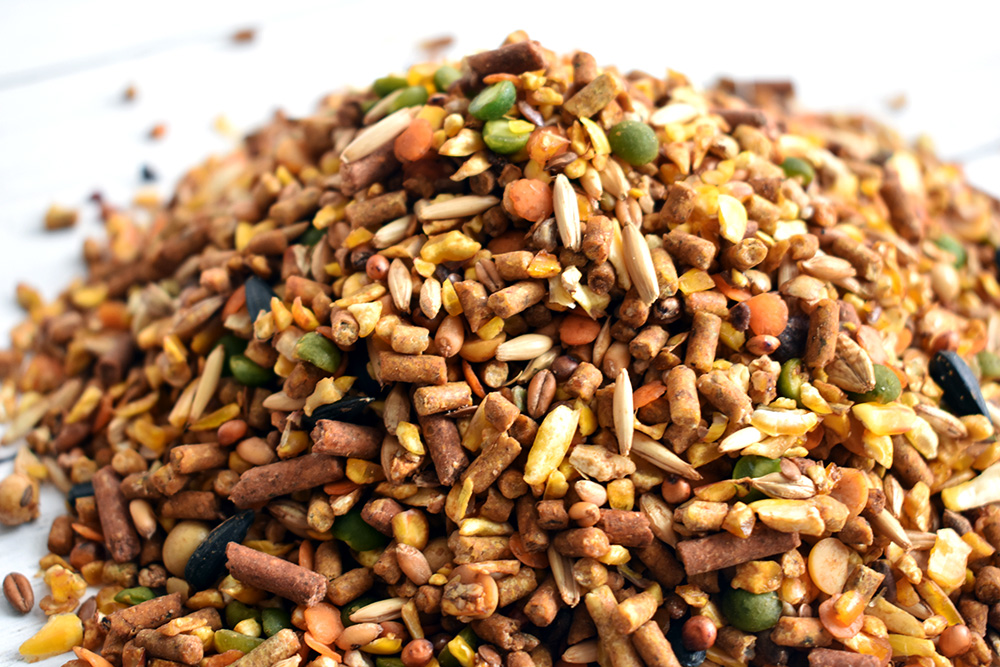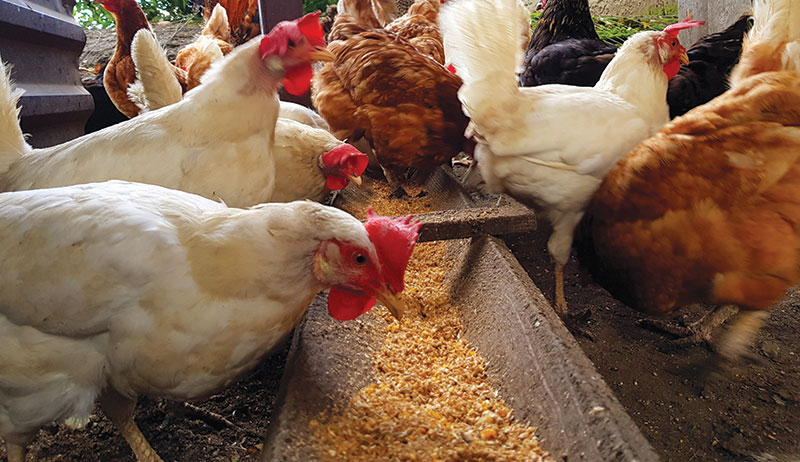Feeding a 6-month-old chicken is critical for poultry enthusiasts who want their flock to thrive. At this stage, chickens require balanced nutrition to ensure they grow healthy and strong. Proper feeding not only impacts their growth but also their egg production and overall well-being. In this guide, we will dive deep into how to feed a 6-month-old chicken and provide you with tremendous advice for optimum results.

Understanding Chicken Nutrition
Before we explore specific feeding strategies, its important to understand the basic nutritional needs of chickens. Chickens need a mix of proteins, carbohydrates, fats, vitamins, and minerals to stay healthy. At 6 months, a chickens dietary requirements change slightly from their earlier months. This article will break down these requirements and provide you with approved feeding patterns.
Proteins
Proteins are essential for muscle growth and repair. Ensure your chickens get an adequate amount of proteins to support their development. A balanced diet should typically contain around 16-20% protein. You can achieve this through commercial poultry feeds, which are formulated to provide the right protein levels.
Carbohydrates
Carbohydrates are important for energy. Quality grains such as corn, wheat, and barley are excellent sources of carbohydrates for chickens. These grains should be included in the feed.
Fats
Healthy fats support overall growth, help in the absorption of vitamins, and provide energy. Including sources of fat such as flaxseed and sunflower seeds can be beneficial.

Types of Feed
When considering how to feed a 6-month-old chicken, its important to choose the right types of feed. There are generally three types of feed suitable for chickens at this stage: commercial layer feed, grower feed, and kitchen scraps.
Commercial Layer Feed
Commercial layer feed is specifically designed for chickens that are starting to lay eggs. It contains a balanced mix of proteins, carbohydrates, vitamins, and minerals to ensure good egg production.
Grower Feed
Grower feed is another option if your chickens are not yet laying. This type of feed ensures they get the nutrients needed for continued growth and development.
Kitchen Scraps
Kitchens scraps can also be included but should be done carefully. Avoid giving chickens anything that is too salty, sugary, or contains caffeine. Safe kitchen scraps include vegetables, fruits, and grains.

Feeding Schedule
Creating a proper feeding schedule is essential for the long-term health of your chickens. Heres a suggested schedule:
- Morning: Provide fresh water and commercial feed.
- Afternoon: Offer grains and kitchen scraps.
- Evening: Ensure they have access to their main feed and clean water before bedtime.

Water Requirements
Water is as important as food. Always ensure that your chickens have access to fresh, clean water. Proper hydration supports digestion and overall health.
Benefits of Proper Feeding
Proper feeding has numerous benefits. Healthy chickens will have better feather quality, be more active, and produce healthier eggs. They will also have a better immune system and be less prone to illnesses.
Potential Feeding Mistakes
Avoid these common feeding mistakes:
- Overfeeding: This can lead to obesity and health problems.
- Underfeeding: Chickens won’t get the nutrients needed for proper growth.
- Poor-quality feed: Low-quality feed can result in nutrient deficiencies.
Additional Tips
Observe Their Behavior: Keep an eye on how your chickens are responding to their diet, and adjust as necessary. Chickens are good at communicating their nutritional needs through their behavior and appearance.
Supplement With Grit: Grit helps chickens digest their food better. Ensure that your chickens have access to grit, especially if they are eating grains and kitchen scraps.
Expert Recommendations
Veterinarians and poultry experts recommend integrating a balanced feeding approach. You can refer to [Timbercreek Farmer’s guide on best backyard chickens](https://www.timbercreekfarmer.com/best-backyard-chickens/) for further insights on the best chicken breeds and their specific dietary needs.
Useful Resources
For more comprehensive guides on chicken care, check out these articles:
FAQs
1. How often should a 6-month-old chicken be fed?
Its recommended to feed your chicken multiple times a day with access to fresh water at all times. A structured feeding schedule helps in balanced nutrition.
2. Can I feed my chicken only kitchen scraps?
No, kitchen scraps should only be a supplement to a commercial feed that is formulated to meet all nutritional needs.
3. What should I do if my chicken stops eating?
If your chicken stops eating, it could be due to illness. Its advisable to consult a veterinarian to diagnose and treat any potential health issues.
As an Amazon Associate, I earn from qualifying purchases.







